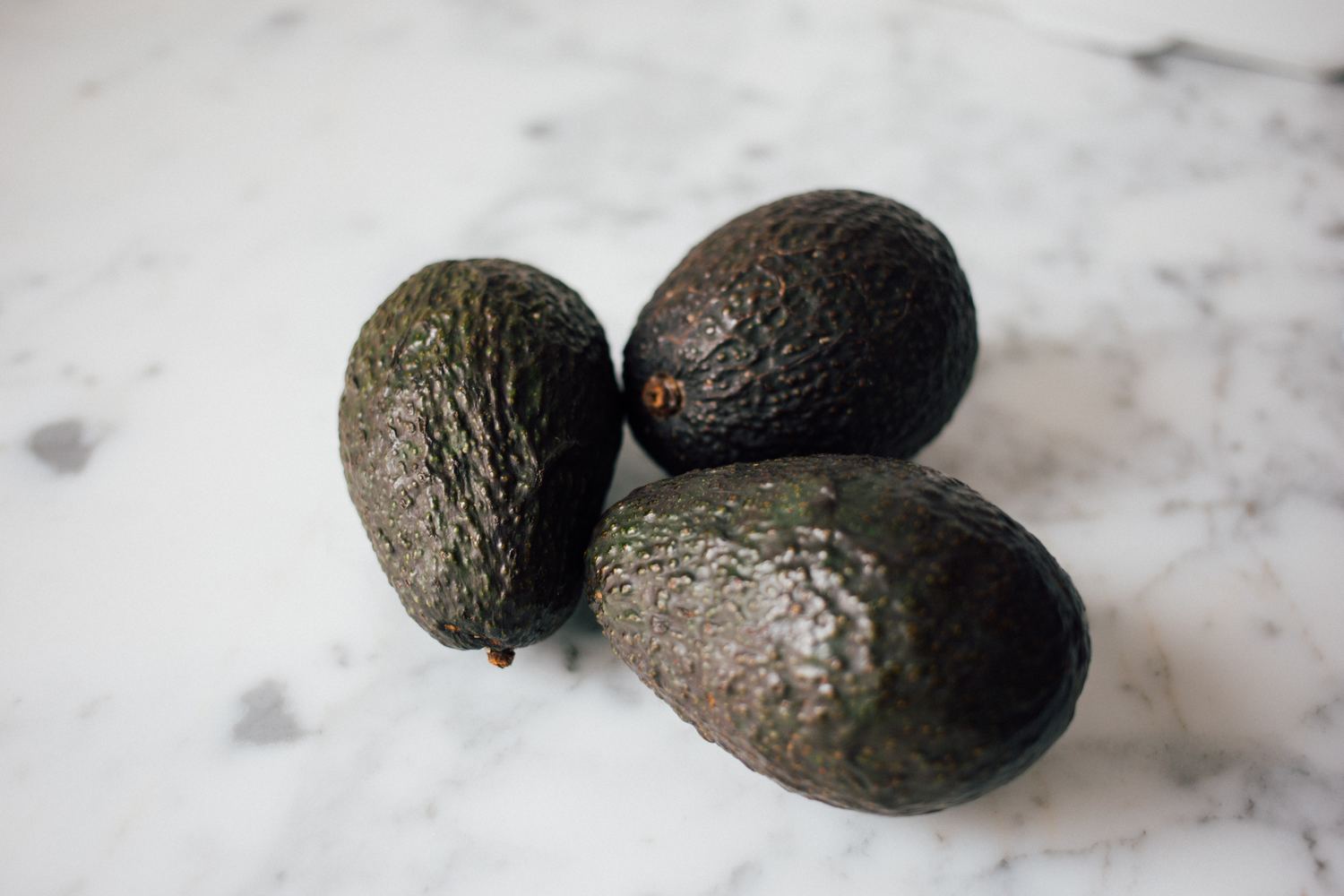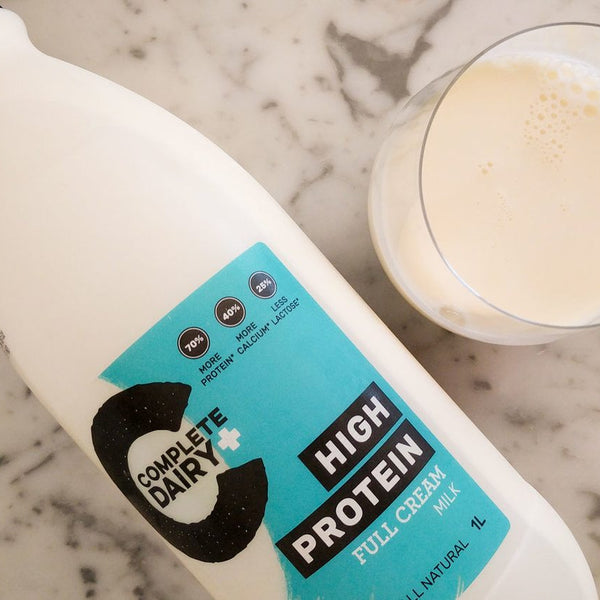
Why Fats Aren't Bad
When I started writing this, I didn’t know where to start because there is SO MUCH evidence these days showing that fats really aren’t as bad as we once thought.
Fats are essential to life
The thing is, we actually need fats. When we eat fats, they break down to fatty acids which support cell growth, manage inflammation in the body, regulate our body temperature, and provide energy. They are also critical to absorb important fat soluble vitamins (vitamin A, D, E and K). Fats also secrete important hormones, such as leptin which controls appetite, and adiponectin which helps control blood sugar levels. Consuming fat every day supports these important functions, making them essential to life.
Particularly important are essential fatty acids – which are linoleic and alpha-linolenic acids – as they cannot actually be synthesised in the body, so the only way we can obtain them is by eating them. ALAs (alpha-linolenic acids) are are omega 3s, and linoleic acid is a source of omega 6 and we require about a 1:1 ratio of these in our diet. Good sources of these are in flaxseeds, walnuts, nuts, pepitas, chia seed and other seeds, which our products are brimming with, as well as fish and some oils such as macadamia and olive oils.
Fats aren't the enemy
We've all been told that saturated fats lead to heart disease, right? But recent scientific research in the PURE study published in 2017 in the Lancet journal showed that fats (including saturated fats) are not necessarily the cause of heart disease.
The study looked at the association of fats and carbohydrates with cardiovascular disease by analysing the diets of 135,000 people from 18 different countries, and concluded: “Individuals with high carbohydrate intake might benefit from a reduction in carbohydrate intake and an increase in the consumption of fats.”
The study showed that cutting back on fat doesn’t always contribute to a lower risk of heart disease or reduced chance of mortality, and actually shows the opposite. In fact, it found that people consuming high quantities of carbohydrates had a nearly 30% higher risk of dying during the study than people eating a low carb diet. People eating high fat diets had a 23% LOWER chance of dying during the study’s seven years of follow-up compared to people who ate less fat.
The study noted that the results point to the fact that rather than focusing on fat, health experts should be advising people to lower the amount of carbohydrates they eat.
Which fats are “good” and "bad”?
We’ve all heard about “good” and “bad” fats. A lot of people assume that saturated fats are the bad guys, but it seems that moderate quantities of saturated fat in meat, cheese and dairy may not be so bad for you as we once thought, as the PURE study showed.
The fats that ARE bad for you are trans fats.
Trans fats are caused by the hydrogenation process which involves very high heat to treat naturally liquid plant based oils into solids, which prevents them from going rancid. This is basically what margarine and vegetable shortening is. A lot of commercially made cookies, cake and pastries – and those cheap French fries and cheap deep-fried meals – are made with partially hydrogenated vegetable oils which contain trans fats.
Trans fats increase LDL cholesterol (considered "bad" cholesterol), reduces HDL cholesterol (considered "good" cholesterol), increases inflammation, can contribute to insulin resistance, and has been shown to contribute to heart disease.
The “good” fats to include in your diet are:
- Olive oil
- Avocados and avocado oil
- Nuts, nut oils and nut butters
- Seeds such as pepitas and chia
- Tahini (sesame seed paste)
- I'm going to also add coconut oil and butter (preferably grass fed as it has a better nutritional profile) which are saturated fats
- Low Carb Down Under – Resources
- The Diet Doctor – Is saturated fat bad?
- Nina Teicholz – The Big Fat Surprise (book, online and TEDx Talk)
- Fat and politics – Nina Teicholz on how the Seven Countries Study influenced dietary policy
- Professor Grant Schofield – What the Fat?
- Professor Grant Schofield – 5 Reasons Why Sugar – Not Fat – Is the Problem
- Lancet PURE study
- TIME article: The Low-Fat vs. Low-Carb Diet Debate Has a New Answer
- Gary Taubes – Why We Get Fat (YouTube and book) and Good Calories, Bad Calories (book)
- Robert Lustig – Fat Chance (website and book)
- Dr Axe: Essential Fatty Acids: What Makes These Healthy Fats So Essential?
- 6 Graphs That Show Why The “War” on Fat Was a Huge Mistake


